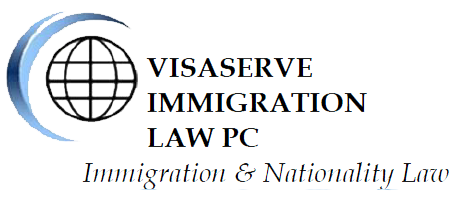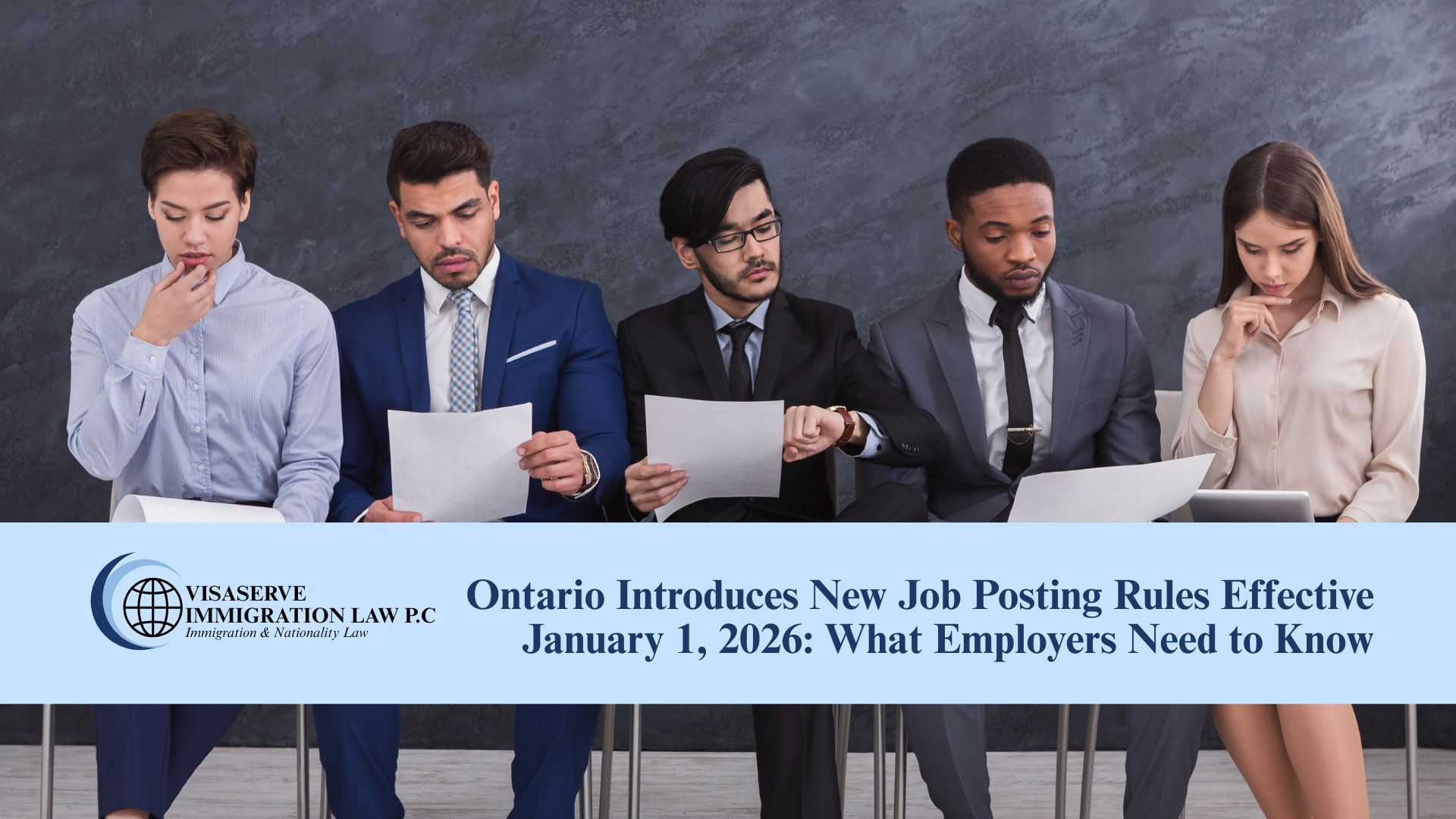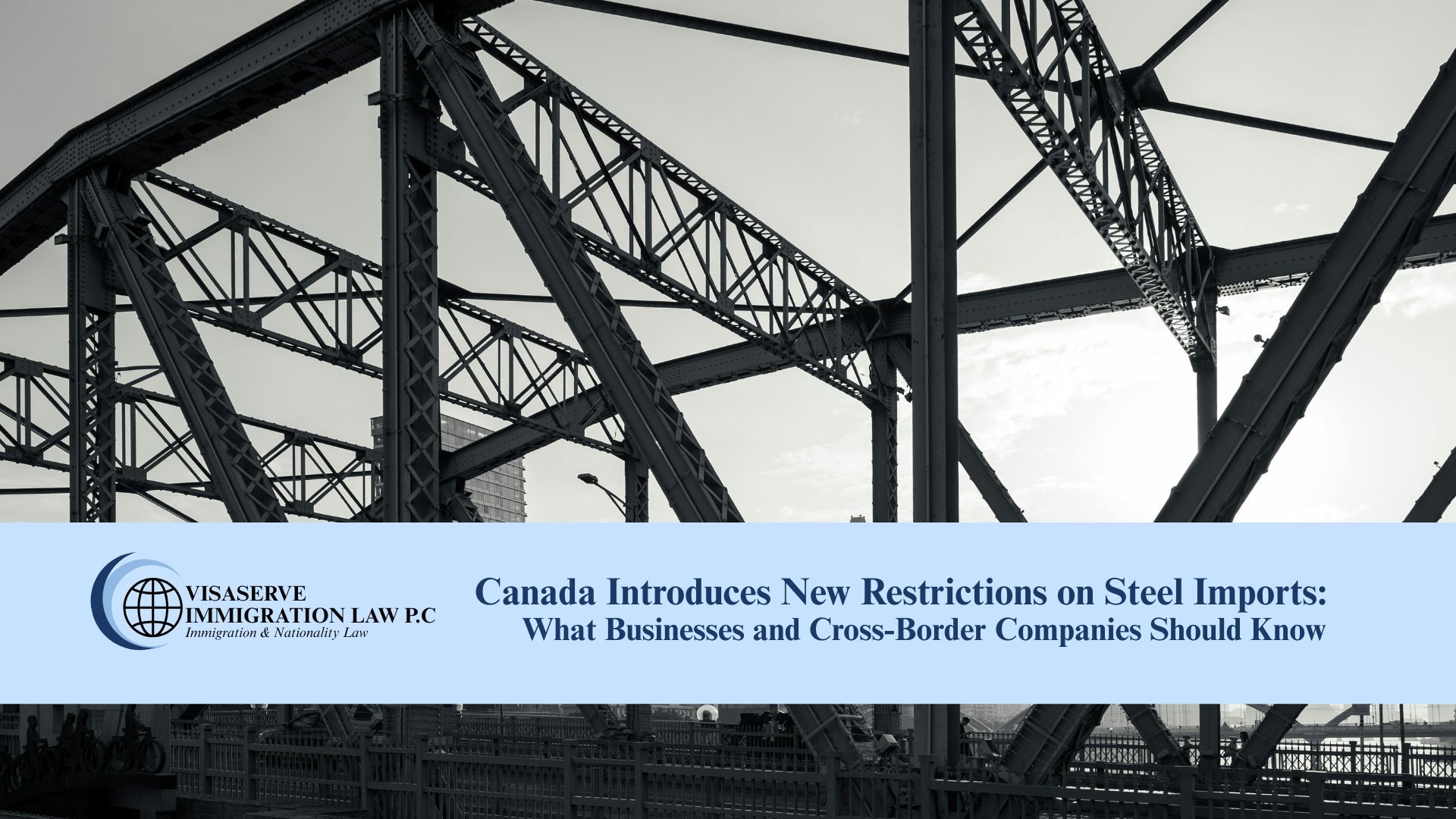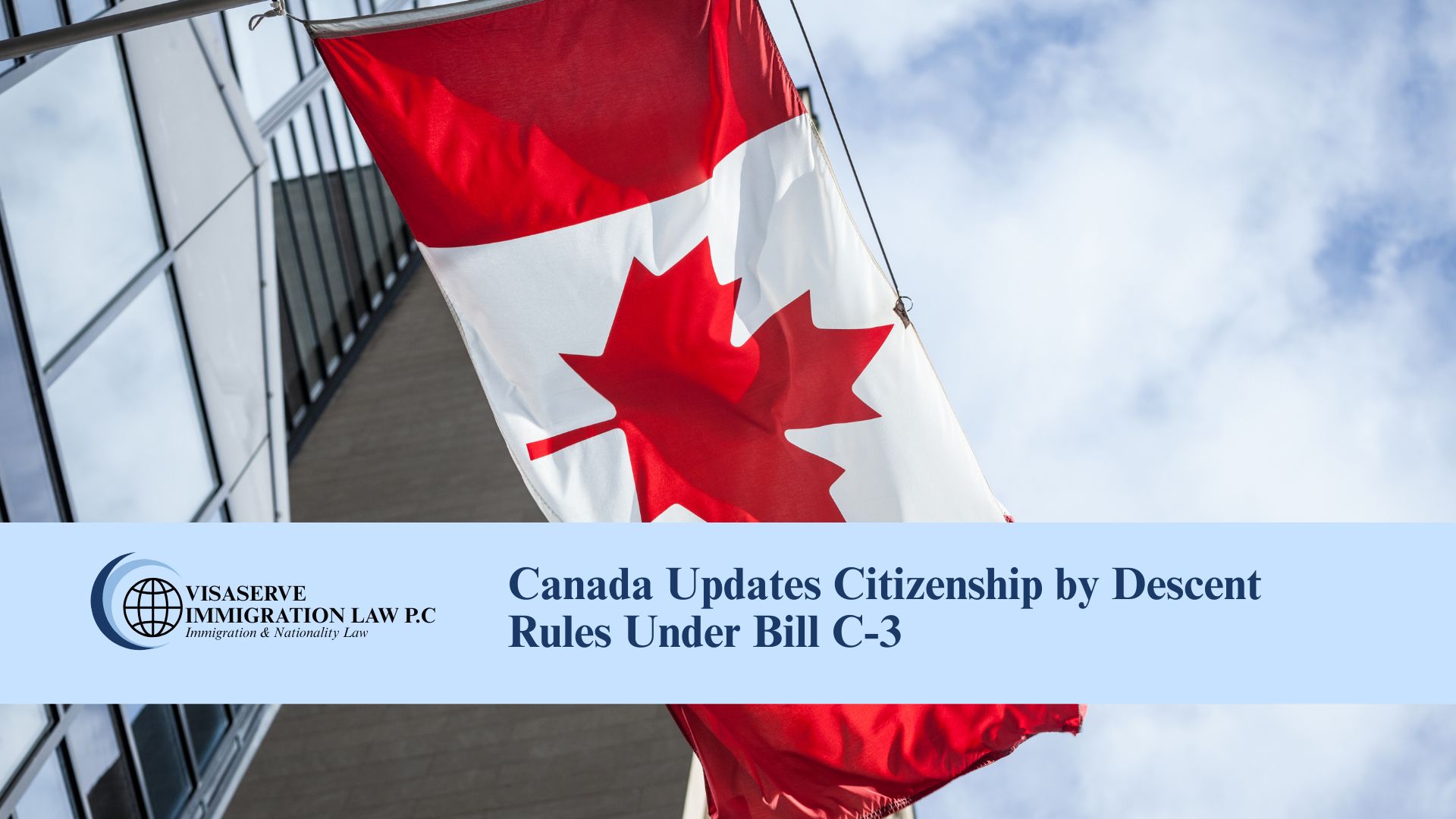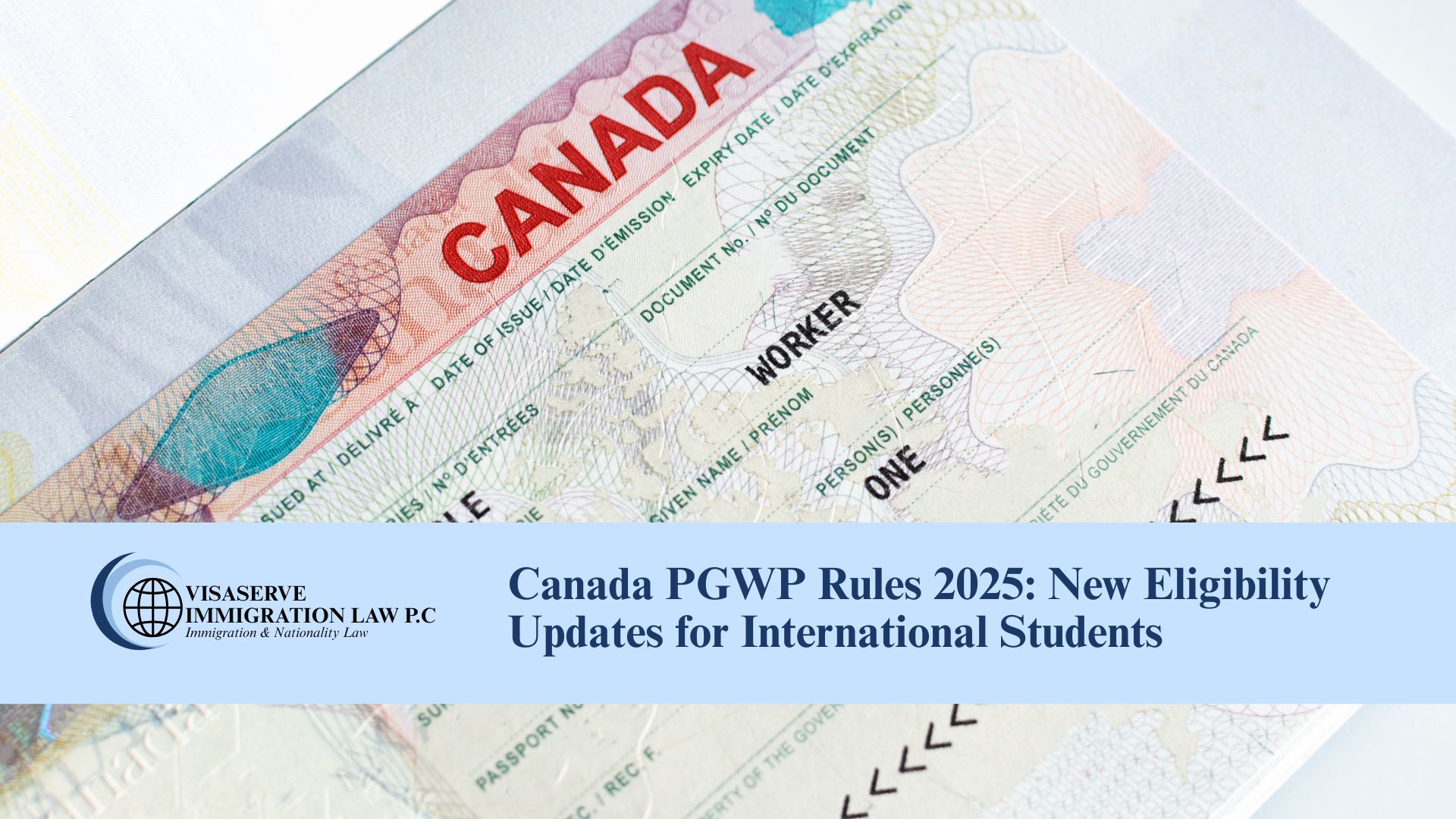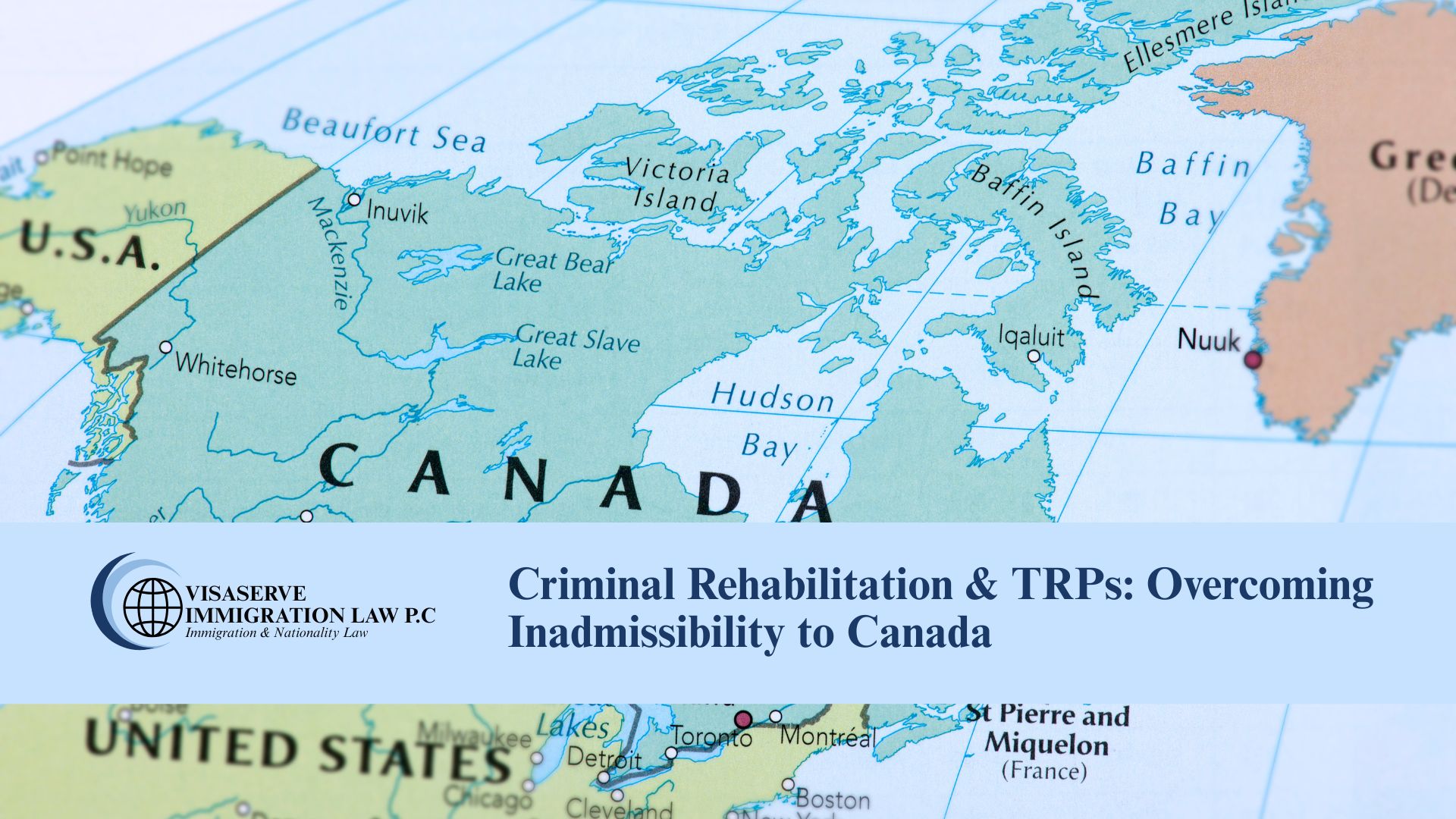Many of our clients contact us from the U.S. because they received an approval notice for a U.S. visa in the USA and now need to get the formal visa placed in their foreign passport. These clients are usually employed in the USA and hope to make a quick trip to Canada to process their US visa and return to work.
This process is often referred to as “Third Country Processing.” It is possible to schedule an appointment at a U.S. consulate in Canada to obtain the stamping. Then, the foreign national must usually apply at a Canadian consulate to obtain a temporary resident visa in order to go to Canada and get his stamp. The Canadian system now allows for online applications for TRVs, and processing times vary from consulate to consulate, but range between 1 to 4 weeks.
While this process seems straightforward at first, foreign nationals should be aware of the potential pitfalls:
1) A foreign national with an appointment at a U.S. consulate in Canada is not guaranteed to obtain the visa stamp once he or she attends the appointment. If the Consulate requires more information, then the appointment may be re-scheduled. Even once the approval is granted in principal, some applicants are told that their passports will be mailed out to them at their temporary Canadian address. This can cause substantial delays. One person who reached out to our firm for help had been “stranded” in Canada awaiting his U.S. stamp for almost one year!
2) Obtaining the Canadian visitor visa is not as simple as it may seem. Oftentimes, the Canadian authorities will want to see solid evidence of the applicant’s intention to return to the U.S., as well as his or her legal ability to do so. Take this obvious example: If the H1B is set to expire within 30 days, for example, at the time the foreign national applies to go get it stamped in Canada, then the Canadian visa office may refuse to grant the visa until the foreigner has renewed or extended his H1B!
3) Perhaps the most concerning issue about third country stamping is that the employer of the foreign national has no certainty about when their employee will be back at work. The delays inhenrent to the process are difficult to calculate. The employer also wonders what will happen if the U.S. consulate, in its discretion, refuses to grant the stamp.
At NPZ, we are here to help address all these concerns and help ensure that third party stamping goes as smoothly as possible. Our lawyers are located in the US and in Canada, so we can assist on both sides of the border.
